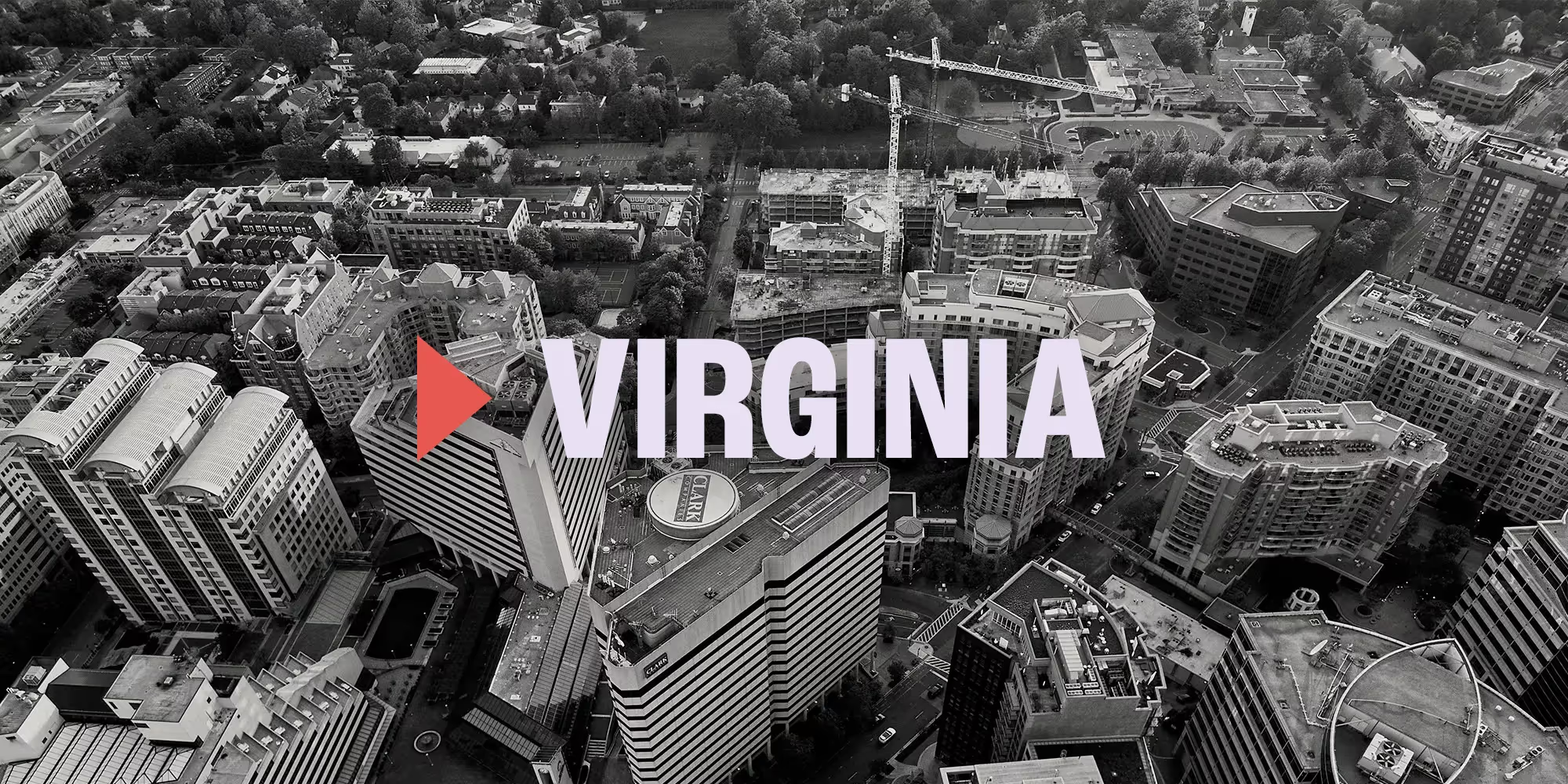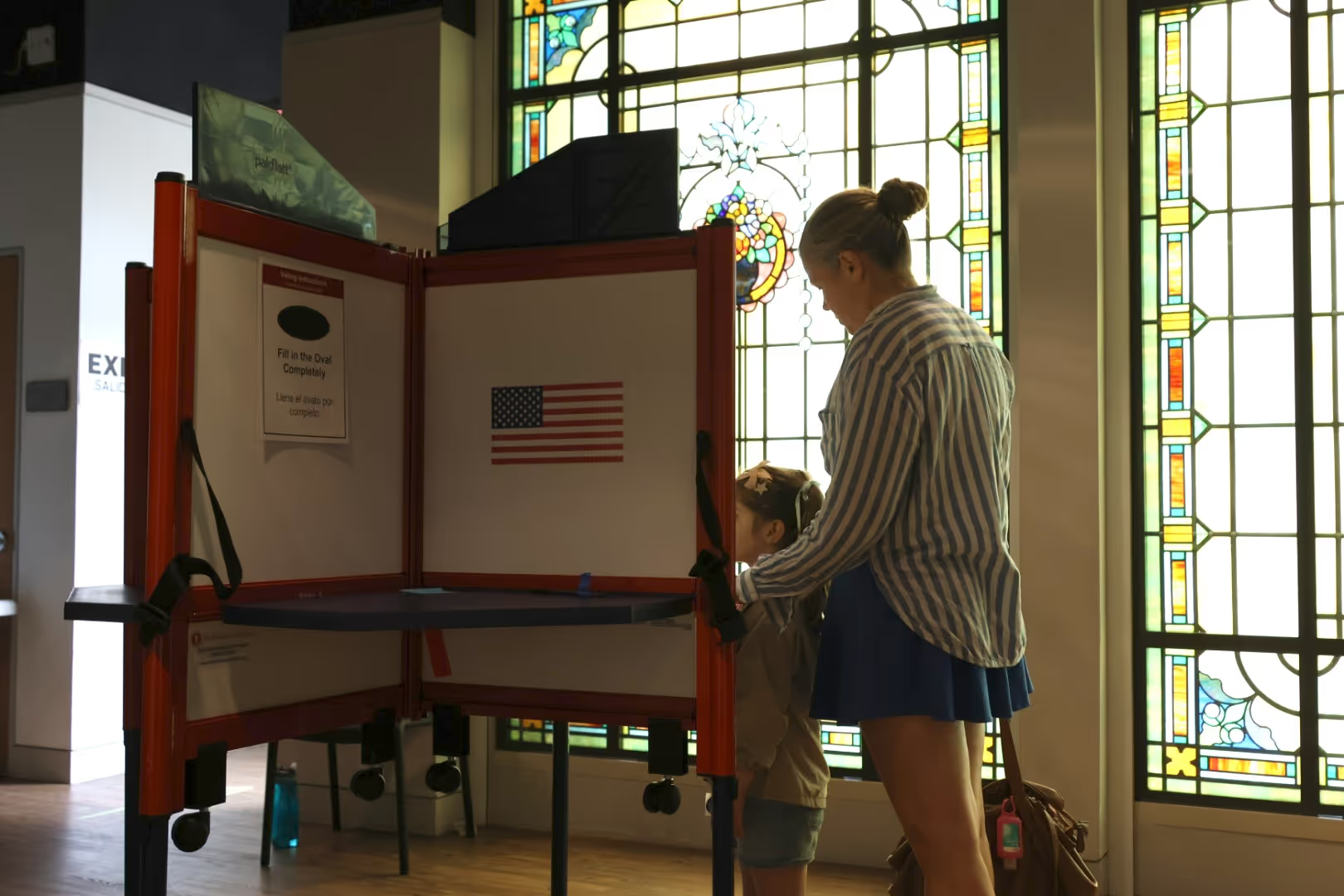A Deep Dive on Charlottesville's Ballot Data
Voters embraced the new ballots and winners earned broad support.
This piece analyzes data from the cast vote record produced by Charlottesville's ballot scanners. The cast vote records identify the candidates supported on each ballot but cannot be linked to individual voters. Your vote is always private.
Last week, Charlottesville made history by holding its first ranked choice election. The voters chose two winners from different corners of the city — one experienced leader and one fresh voice drawn from different neighborhoods and backgrounds.
Now that the final results have been certified, detailed data from ballot scanners reveal how voters used the new system and whether ranked choice delivered on its goals of honest expression and fair representation.
Voters Embraced the New Ballots
Charlottesville's old block voting system made supporting more than one candidate risky. Ranked choice ballots let voters share how they feel about all the options without fear of hurting their favorite candidate. Nearly all voters embraced the new ballots and ranked more than one person. Just 9% of voters cast "single shot" ballots for one candidate only.
Ballot errors were exceedingly rare. Though most voters were new to ranked choice, just 30 ballots couldn't be counted due to marking errors — like ranking more than one candidate first — and half of them were in-person voters who were offered replacement ballots but chose not to use them.
Winners Had Deep Support and Broad Appeal
First-time candidate Jen Fleisher won with 51% of first-choice votes, followed by incumbent Mayor Juandiego Wade with 36%. That means 87% of voters will have their first-choice candidate on Council and a voice in City Hall who can champion their views.
Fleisher and Wade also drew broad support across the city. More than 47% of voters ranked both winners in their top two. No other pair of winners earned as much joint support: not Wade and Pinkston (35%) or Fleisher and Pinkston (27%).
Turnout Remained Strong
While some ranked choice critics worry a new system could discourage voter participation, turnout in this year's City Council primary mirrored similar elections in 2019 and 2021. There were also no signs that ranked choice discouraged voters from completing the back side of their ballot with the City Council race. Indeed, more people voted in the Council race than either of the statewide races this June.
Together, these data offer a promising view of Charlottesville's ranked choice voting pilot. Voters could express their honest views, candidates won by earning broad support, and the results reflected a diverse community.
Explore the interactive charts below to dive deeper into Charlottesville's ranked choice results.



